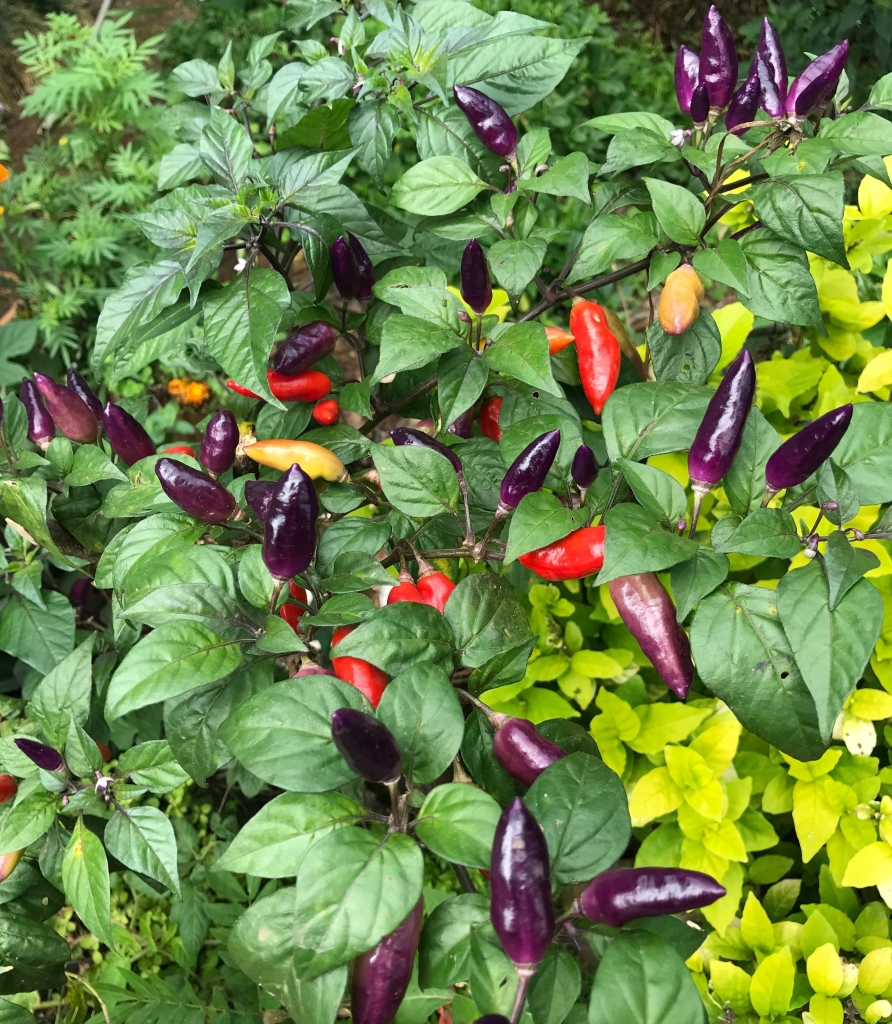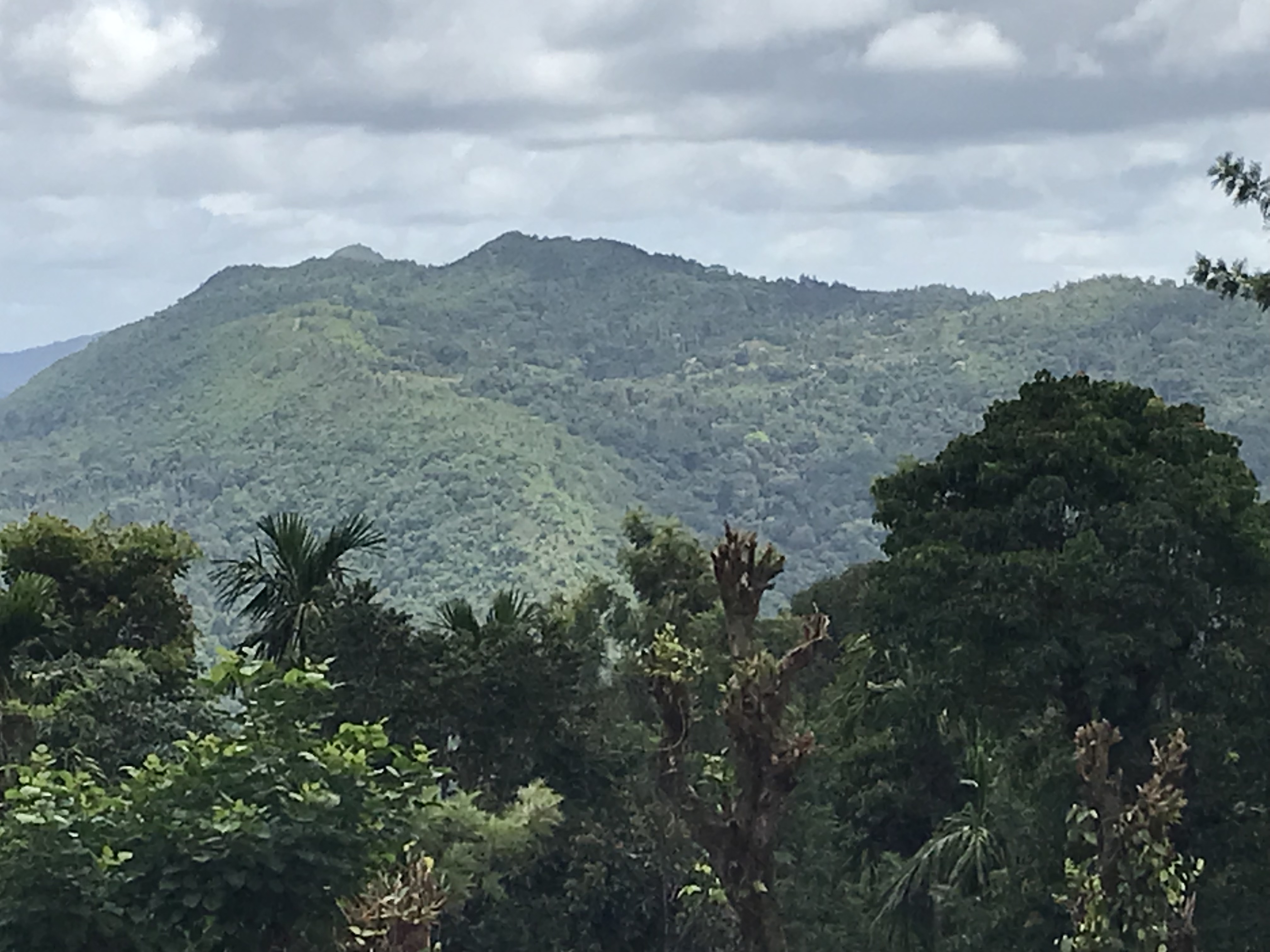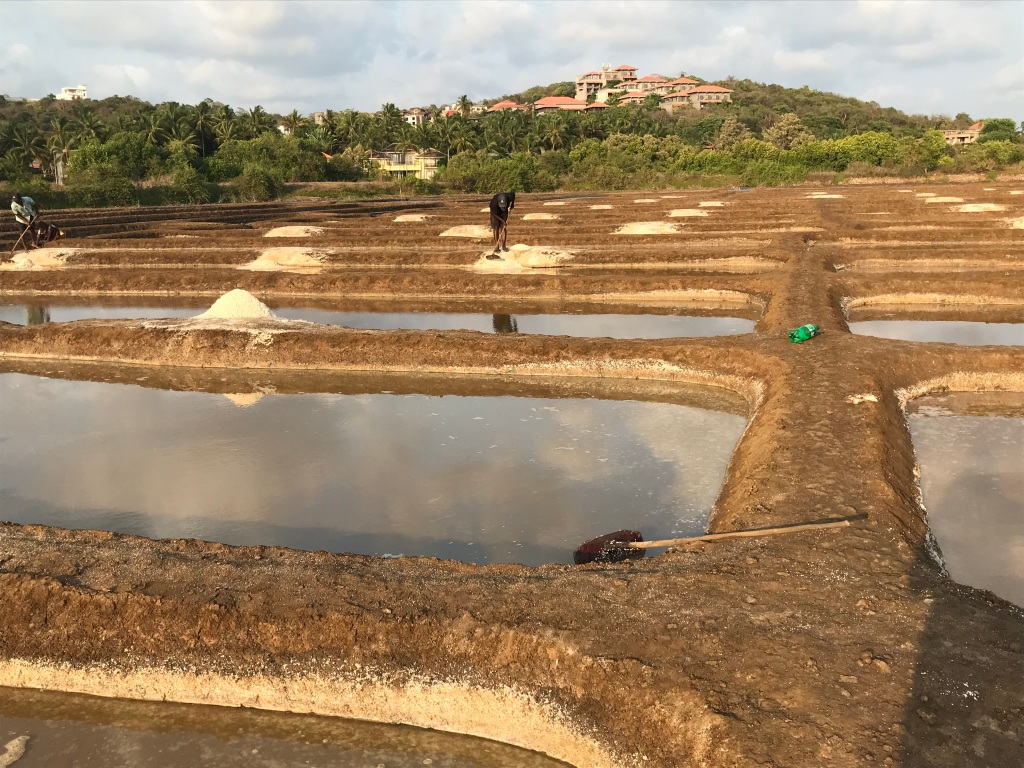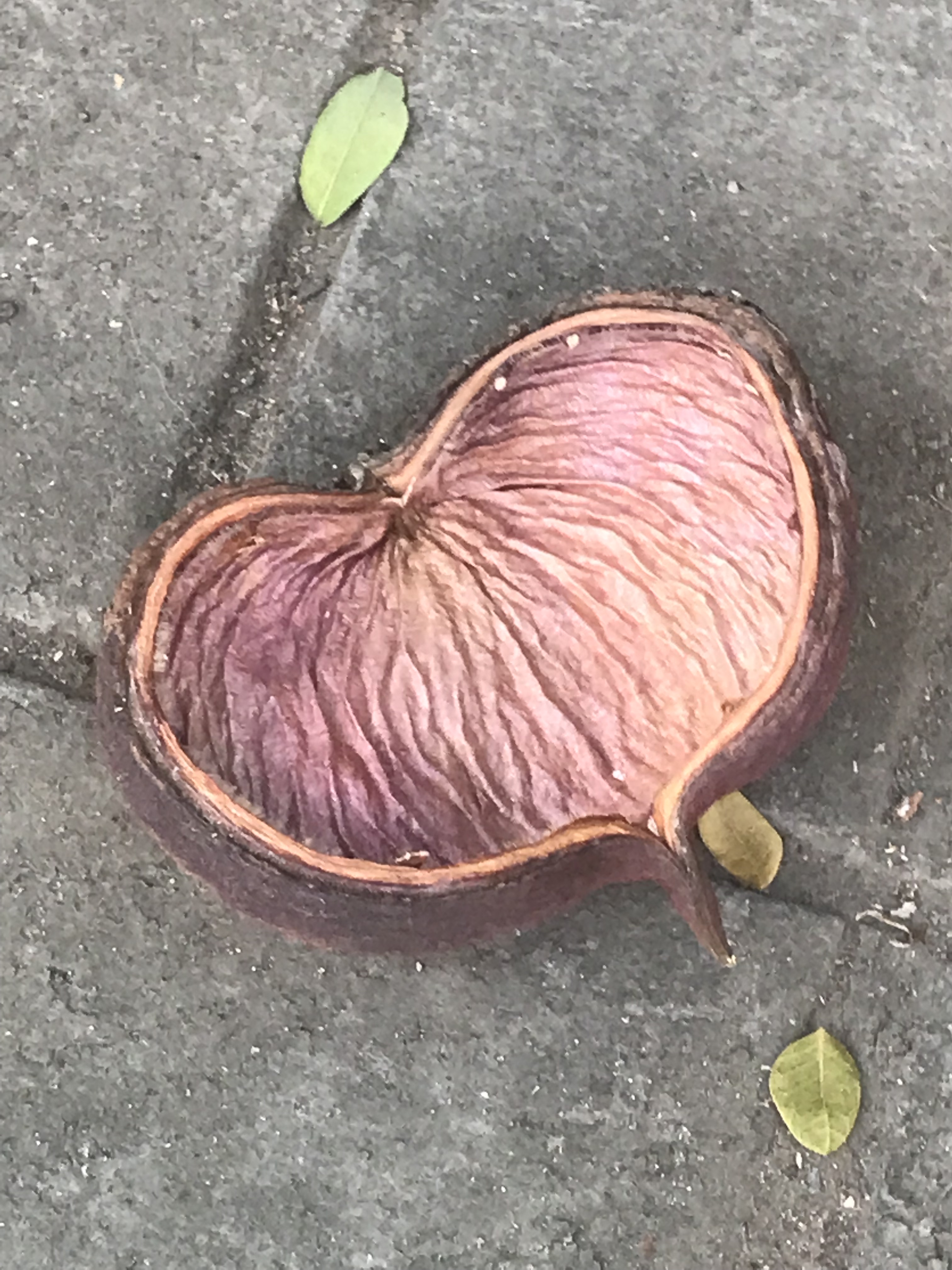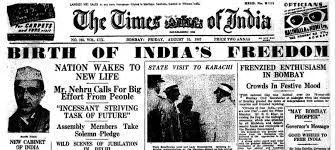Image credit: neha for kyobi.blog
The leaves on the trail did not crackle below our feet. The first showers of monsoon had arrived and droplets of fresh water moistened all that lay atop the earth’s surface. water, i thought, is the true elixir even at a coffee plantation, yet our relationship with water is broken: we rely on it, we thirst for it, it flows from our taps, but we do little to be attentive to it and to preserve the habitat where it can replenish.
Recall the gushing monsoon springs where rainwater has entered the earth and emerged again, joyously rising up to greet the sky, and imagine the silent springs, throttled where we pumped and pumped some more till groundwater stopped rising and the sky began to look forlorn. So occupied were we in pumping and growing and grafting, and in demanding, trading, and selling, that we lost sight of the habitat that water prefers, and beauty disappeared from our eyes, for beauty lies in the eyes of the beholder who has not been blinded.
Were we to include water in the red list maintained by the international union for conservation of nature, how do we reckon it would be classified? Out of the seven available options—least concern, near threatened, vulnerable, endangered, critically endangered, extinct in the wild, and extinct—i pick, extinct in the wild because the wild too is fast becoming extinct.
The amazon rainforest began to shrink and reduce in expanse when those of us in the high-consuming fraction of the world discovered soya and its nutritional benefits. Before we could digest soya, there arose in us an appetite for quinoa, a tiny grain that fed hungry mouths in peru and bolivia till it no longer did, transforming rapidly from a staple into a commodity and a cause for “extinction of the wild”—kindly lets move away from the euphemistic “deforestation,” because words must ring true.
( To take inspiration from ruskin bond, ‘when words ring true, i dance like the fox in the morning dew.’)
The moist, wet surface of the trail was now cool enough for delicate skinned wrigglers—out came the earthworms and leeches. Having experienced similar trails in rainy weather, a couple of times before, i anticipated their presence. The manager of the coffee plantation, light-heartedly and in an attempt to reassure, rattled off some facts: a leech takes only about 5-10ml of blood in a single feed, while the human heart pumps at least 5 litres, a minute. The heart will pump better when there is loss of blood; this will improve heart health.
These facts may be essential information when you share a path and a season with bloodsuckers. For us whose feet barely ever make it to such trails, the body reacts instantaneously to the cold, smooth touch of a wriggler against the skin and less willingly does it heed reason; it is only experience that carries us through. i felt a ‘funny feel’ between my third and fourth toe, as though a blob of damp clay had been placed there, but an acknowledgement is all that the feeling could elicit in response, because i had survived the suckers’ extractive ways before.
frogs were performing a croaking symphony to greet the monsoons, and tall trees with their head in the clouds had everyone’s admiration. The deceiving greenery of the coffee plantation like an optical illusion, played tricks on the mind, stealthily enough for us to believe that we were in a forest. But when i moved my gaze vertically, it shifted, mostly unhindered, from the canopy in the clouds to coffee plants as far as the eye could see. The habitat spoke: it spoke of inequality and of disparity. In equality there is room for all, not merely for one. In disparity there is disproportionate attention given to one, while the rest are ignored.
‘Now that the rains are here, will you all take a break from plantation work?’ i asked
‘our work is year-round,’ replied the manager, ‘we need to weed (unwanted plants), spray the (coffee) plants, add manure, check for pests, and we need to pick, pulp, and dry the berries.’
‘What do you spray the plants with?’
‘A solution that we make to manage pests and leaf rust’
‘No chemicals?’
‘No chemicals; all natural.’
‘And what do you add as manure?’
‘wood ash, waste pulp…you know.’
This conversation, had in what appears to be a forest, sounded so lopsided to my mind, especially because of the misconception that farming coffee, as a cash crop, under the shade of tall trees makes it more sustainable. Sustainable for who? And for how long? A system and method that relies so heavily on a single species to manage it and make it viable cannot be sustainable, it’s simply not how the cycle of life works. An individual plant (tree) to live needs the help of many, as do individual humans and this fact cannot be turned on its head, as much as we try. bacteria, fungi, worms, insects, birds, mammals including humans, and many others are all contributing to the life of an individual plant. And this entire ecosystem, plants included, is contributing to the life of every single human—there is no distinction; the entire cycle is reciprocal.
Year-round care for one plant primarily to plug supply to demand is economics; it is not ecological! When life ends in soil, in air, and in water, for they all have living organisms that are dying because the ecosystem that sustains them is being destroyed by the fallacy that our clever innovations adhering to amateur science will help us negotiate our way out of nature’s sophisticated cycle of respect and reciprocity. Even if we manage to carry on our wilful way and continue to consume and produce by the doctrine of exploitative trade to what effect shall it be? Because only life can nurture life.
i see the decaying bark of a tree and notice mushrooms growing on it. Perhaps life does not nurture life, but the living in the process of decay, nurture life. The sun loses heat to nurture with light, plants lose energy to nurture with nutrients, flower buds lose vitality to nurture with pollen and nectar, and so the cycle continues. soil, air, and water lose microbes to nurture with health, and therefore they too need to rejuvenate and replenish.
Eight oranges from the present generation give us the same amount of vitamin-a as did one orange two or three generations back (the change between parent and progeny is generational, so why not ascribe generations to oranges?) The degeneration of an orange and decline in its nutrient content has occurred in merely 45-60 human years. Studies on nutritional data consistently highlight similar loss of nutrients in other fruits and vegetables. When the microbes living in soil, air, and water become extinct, an orange may well be made of infant-safe silicone, because it will be a pacifier, merely. The orange is a reminder that our human-centred system of growing favours none—neither us nor the plant—and it is a harbinger of what is to come.
Non-intervention can help the orange to revitalise and the living to regenerate: no grafting, no artificial cross-breeding, no clever irrigation, no farming, only respectfully taking what a rejuvenating forest has to offer. But this may be too big an ask.
Perhaps, there is a plausible middle that we can move towards, if we come together with a shared vision, where forests surround swathes of community land, on which we consistently grow for diversity and create a microcosm of the encircling forest that is least perturbed by drought, pests, and nutrient loss, and we attentively experience and celebrate earth’s natural benevolence (which most of us have taken for granted or have been deprived of).
When what is produced is shared by community and traded between communities then the rains will fall on time, the winds will carry seeds, and the waters will gush to greet the sky; and the sky, it will reflect what our hearts hold: joy and gratitude, and hope, once again.
Perhaps, all coffee-growers in a country can collaborate and form a cooperative to distribute what grows to a community of subscribers, who have committed to purchase from the cooperative. Each subscriber in the community can be given an equal division of the harvest: A harvest that contains only as much as the earth can offer while it rejuvenates. Knowledge will be shared, risks will be averted, price will be affixed to ensure livelihood for each person in the grower community, and the number of hours a person gives to their work will be the only factor that distinguishes income. Dignity will be in labour, and labour that is imperative to the outcome will be performed. Those who subscribe to purchase will be ensured of quality, equality, and fair trade, and will become part of an exchange, where there are no commodities; there are only offerings. water‘s preferred habitat will be restored and the red list will have a new addition, thriving with humans.
There will be enough, because all we need is one orange and a little coffee (and a coffee cooperative).
Do we have the patience needed to trust?
PS: As done in the prior three pieces, i continue to refrain from using upper case/capital letters for nouns and pronouns, in a bid for equality.







